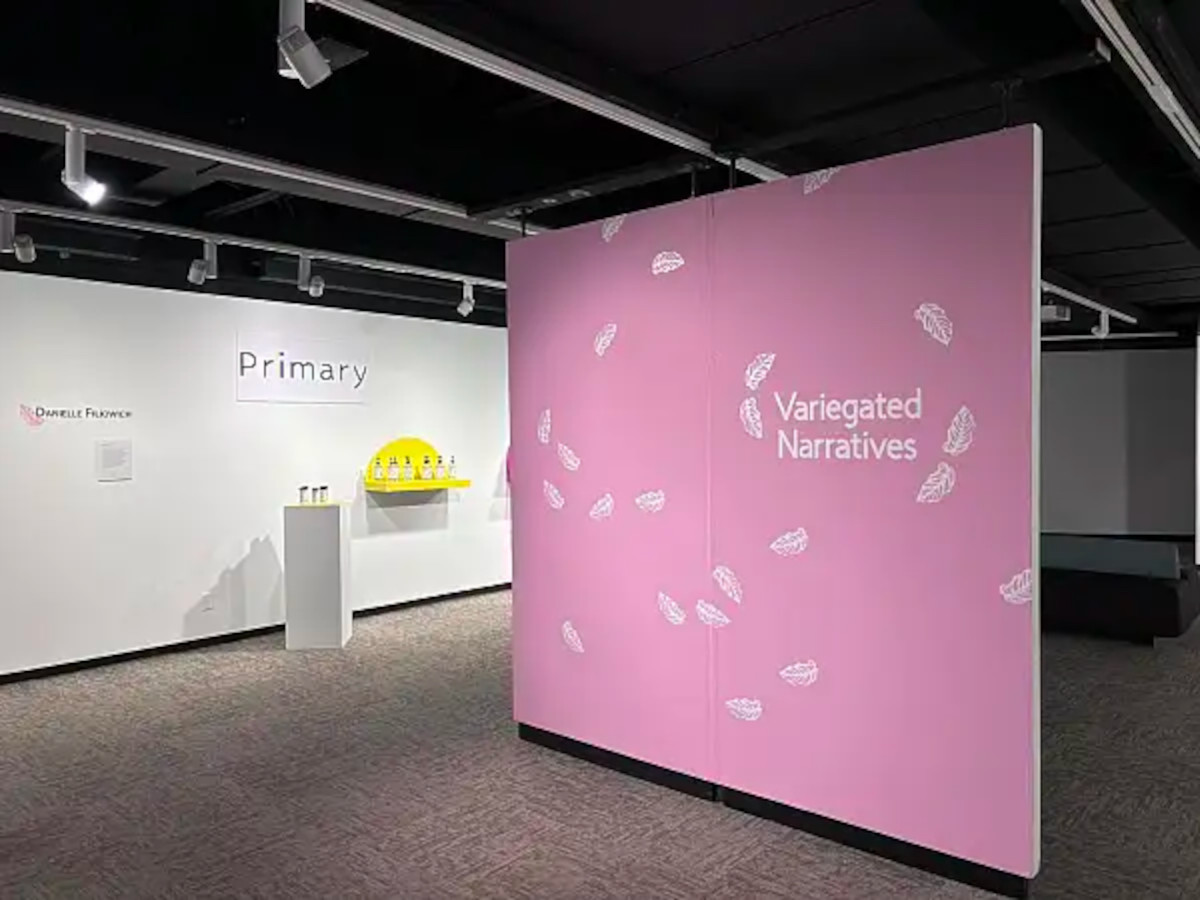The global energy crisis is here, and it is urgent; this is the prevailing message “Switch” sends.
Startling statistics and an international scope make this a fittingly large-scale documentary to answer the giant question that is the energy crisis.
Geologist Scott Tinker researches energy alternatives in Norway, India, Canada, Spain and several parts of the United States.
On April 3, UW-Eau Claire’s Geology Club, together with the department of geology and the Student Office of Sustainability, screened “Switch” before the official release date later this Spring.
Scott Wipperfurth, member of the geology club and junior comprehensive geology major, was a key contributor in bringing “Switch” to campus.
“As future geologists, energy plays an important part in our professional careers, as well as affecting the society around us,” Wipperfurth said.
Wipperfurth said he saw an article on “Switch” last December and thought it would be a good idea to show it on campus.
“Scott Wipperfurth and the ‘Switch Ambassadors’ worked on bringing “Switch” to campus,” said Geoff Pignotta, assistant professor of geology. “It’s a nonpartisan film, so it is effective in that way.”
According to “Switch,” much of the energy choices we collectively make are driven by the economics of energy sources. In other words, what can be produced cheaply and have an efficient energy output?
This however, cannot be the only consideration; otherwise, there will continue to be an endless, black expanse of coal and oil in our future.
For this reason, “Switch” explores many currently available alternative energy sources.
Most people have heard of wind energy and solar energy, but some types are a bit more obscure and technical, such as biofuel and geothermal energy.
The final verdict on these alternative energy sources is that while they are low in or free from carbon emission, they are intermittent and regional options at best — meaning that no single energy source we currently have can solve the problem at hand.
“Although I doubt most people would think energy is a small issue, the majority seem to have skewed or wrong views about the energy we use,” Wipperfurth said.
This is exactly the mentality that the film takes: there are quite a number of commonly held fallacies regarding the energy crisis.
The most widespread and damaging of these fallacies is that there is nothing we can do on an individual level to positively impact the energy crisis.
The documentary addresses this head-on, and offers several, very small measures that people can take. It is as easy as insulating your home or acquiring a more efficient water heater, and several countries are already on board.
“My hope for the film is that people take away a broader view of the world’s energy use, both present and future,” Wipperfurth said.
“I was surprised by the clean energy initiatives that are already in place in other countries,” said freshman Lucy Pepin, who attended the screening of “Switch.” “I just hope the United States is able to continue research and reach Tinker’s projected goal of reducing fossil fuel consumption.”
Tinker hopes to reduce fuel consumption by 50 percent in 50 years. It is an ambitious goal, but a necessary one, should we hope to even come close to solving the global energy crisis.






